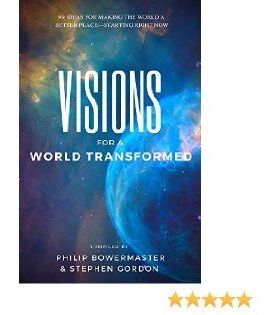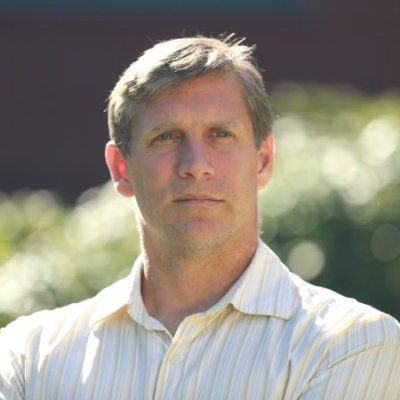One of my essays is in this excellent new book. Also, many other writers I like are in here. Grab a copy: https://www.amazon.com/dp/B06XB4CT95?tag=lifeboatfound-20?tag=lifeboatfound-20 #transhumanism
How different will the future be from today? As different as we can imagine, and possibly stranger and more wonderful than we ever HAVE imagined. The key is turning our visions for the future into the future itself. And that begins with articulating our visions.
In this collection of essays compiled by the hosts of the popular internet radio series, The World Transformed, world-leading futurists, scientists, authors, artists and others share their visions for changes that are on their way, or that we can bring about, that will transform our world forever. Contributors include Ramez Naam, Brian Wang, PJ Manney, John Smart, J. Storrs Hall, Aubrey de Grey, James Hughes, Jim Elvidge, Alvis Brigis, David Brin, Dave Gobel, Paul Fernhout, Ben Goertzel, Getnet Aseffa, Zheng Cui, Wayne Radinsky, Giulio Prisco, Colin McInnes, Erika Lives, Will Brown, Yiqing Liang, Cosmo Harrigan, Tudor Boloni, Khannea Suntzu, Belle Black, Anyazelie M.






